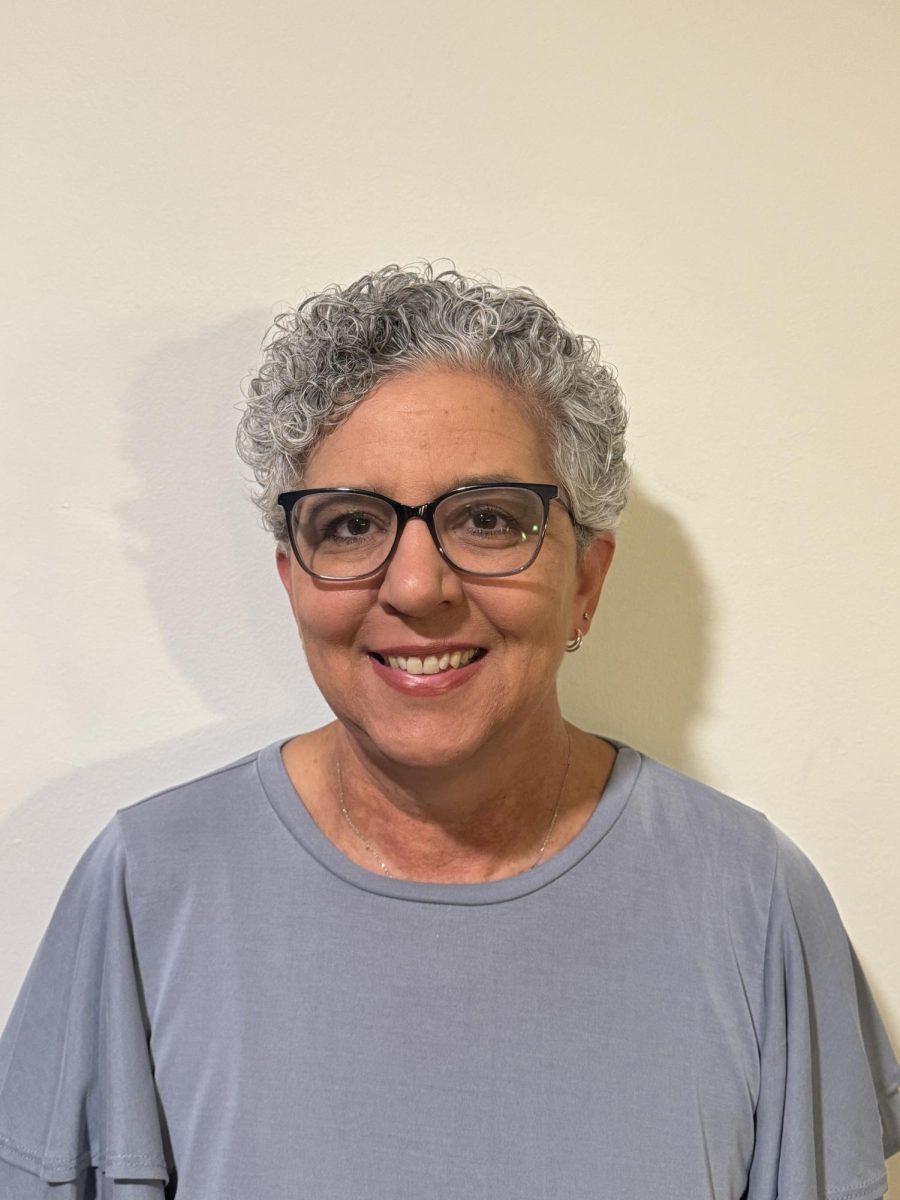The Common Core Standards Initiative is a state movement that has swept the nation.
The standards were created for public schools “to provide a clear and consistent framework to prepare our children for college and the workforce” and have been formally adopted in forty-five states.
The initial Common Core Standards were released in June 2010 in English and math and now exist for social studies, science, and technical studies.
The standards are designed to bring educational consistency across the country.
Even though these standards are designed for public schools, there has been pressure on private schools to also adopt these standards.
“There is a push,” said Director of Curriculum Kathy Pinson. “Not on Trinity. FCIS (Florida Council of Independent Schools) schools do not follow the public school curriculum, but many religious schools are now adopting the Common Core Standards.”
Pinson attributes this push to the expansive nature of the standards and the fact that the standards are so widely accepted.
“The Common Core Standards could affect college entrance exams,” said Pinson. “It will also affect the content of textbooks.”
According to Pinson, there are certain benefits to private schools adopting these standards. “Kids often go back and forth from public education to religious schools. It’s easier to be on the same page.”
Pinson has been researching the Common Core Standards since last year and there have been discussions about the Standards between Pinson, Headmaster Craig Maughan, Assistant Headmaster and Upper School Principal Dennis Herron, and Middle School Principal Jason Dowdy.
Trinity Prep is part of the FCIS and the National Association of Independent Schools (NAIS), and neither of these organizations have endorsed the Common Core Standards thus far.
“It kind of goes against the private school model,” said Maughan. “Independent schools address their own mission, and ours is slightly different from the missions of other FCIS schools.”
Pinson agreed. “Decision making on a national scale to determine curriculum is the antithesis of what private schools are about. We hire experts, and they are allowed to teach the knowledge base as they see fit using their own creativity.”
Furthermore, the school’s curriculum exceeds that of the Common Core Standards.
For example, Common Core math only goes through Algebra I and Geometry.
Trinity Prep’s math includes the Common Core math courses as well as other math classes such as pre-calculus, calculus, and statistics.
“Our kids are working at a higher level than Common Core Standards already. We won’t be dictated as to when to teach what. We teach what’s appropriate for our student demographics,” said Pinson.
The Common Core Standards are intended for a very broad audience. “Our focus is much narrower than that of the Common Core Standards,” said Maughan.
The school, as of right now, is not planning on fully adopting these standards. “The main organizations we follow haven’t signed off, so we aren’t currently going to,” said Maughan.
“We accomplish all the standards anyway; we’re not going to adopt them,” said Pinson, “We’re not going to do it in their prescribed way.”
However, the school will further examine the Common Core Standards and determine if there are any aspects that would benefit the school. The administration will consider integrating parts of the standards that it deems fit.
“Common Core may be useful to us from a curriculum standpoint. We might want to apply some on a case by case basis,” said Maughan. “We will review the standards and determine the extent of their applicability. If they appear helpful, we will apply specific aspects.”
There are benefits of Trinity adopting certain aspects of these standards. “We could potentially take advantage of ideas involving a lot of researchers and experts in fields around the country,” said Maughan. “Even if we were to use certain aspects of the Common Core Standards, it would only be a part of the curriculum.”
Essentially, Trinity is not planning on adopting these standards. Rather, the school will examine the Common Core Standards and decide if there is anything useful to be learned from them.
“It’s not them telling us we have to do it…We pick and choose things to make our school better,” said Maughan.”If we were told we have to adopt these standards, we would resist that.”
It would not take long to integrate parts of the standards into the curriculum.
“If any aspects are extremely helpful or groundbreaking, I would want to apply them right away,” said Maughan. “There’s no timeline [for adopting these standards]. Our curriculum changes with time and is quite individual to department chairs.”
The final decision on whether or not to adopt these standards will be left up to the Headmaster, the principals, and the Director of Curriculum.















